Greetings from Kyiv. I have spent the last several days in Ukraine, here in the capital, and in the southerly regions of Odesa, Mykolaïv, and Kherson, trying to get a sense of the state of the war. I will write more about the experience, but I thought that it might be a good time to share my most general sense.
It is a crucial moment, partly because of what is happening, and partly because of our own sense of time. One and a half years is an awkward period for us. We might like to think that it can be brought to a rapid conclusion, with this or that offensive weapon. When the war does not quickly end, we jump to the idea that it is a “stalemate,” which is a situation that lasts forever. This is false and serves as a kind of excuse not to figure out what is going on. This is a war that can be won, but only if we are patient enough to see the outlines and the opportunities.
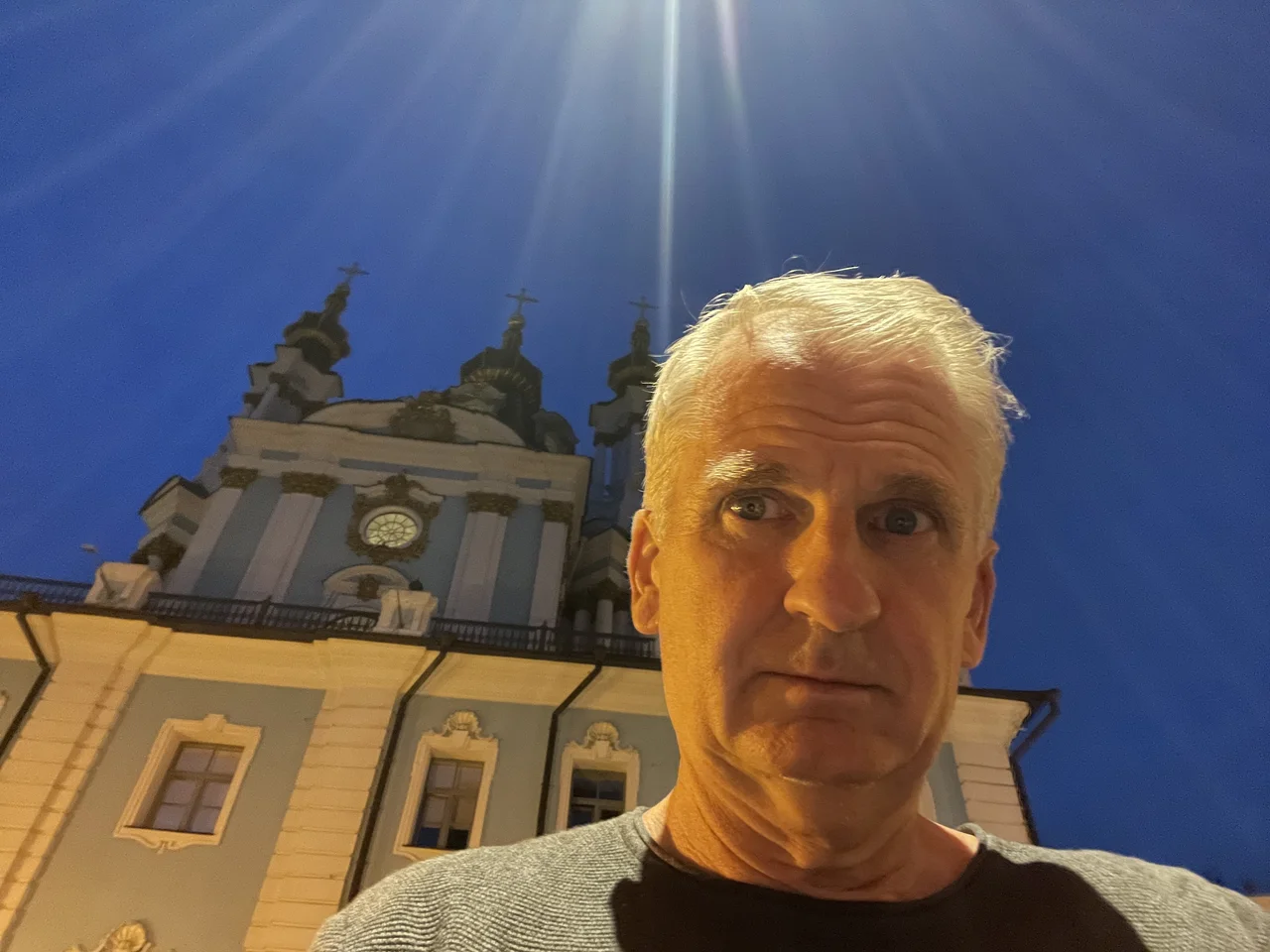
Professor Snyder in Ukraine. Photo: Twitter.
Russia’s gains in this invasion were made almost entirely during its first few weeks, in February and March 2022. Those gains were largely possible thanks to the fact that Russia had seized the Crimean Peninsula in its earlier invasion of Ukraine in 2014. Over the course of 2022, Ukraine won the battles of Kyiv, Kharkiv, and Kherson, and took back about half of the territory Russia gained.
In the first half of 2023, Russia undertook an offensive that gained almost nothing but the city of Bakhmut. In the second half of this year Ukraine has undertaken a counter-offensive which has taken far more territory than did the Russian offensive, but which has not (yet) changed the overall strategic position (but could). In Russia, a military coup was attempted by Yevgeny Prigozhin, the leader of the mercenary group that took Bakhmut. He and Putin made a deal, after which Putin killed him.
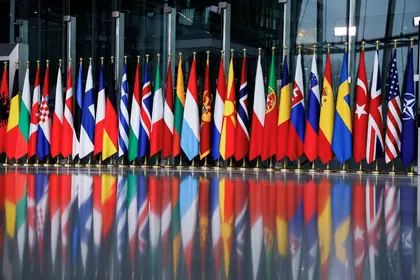
More Than 160 Delegations Invited to Ukraine Peace Talks
In a related development, Sergei Surovikin, probably the most capable Russian general, has been relieved of his command. Russia now has no meaningful offensive potential. Its strategy is to continue terror against civilians until Ukrainians can endure no longer. This, judging from my experience anyway, is not a tenable approach. On the other hand, Russia has had time to extensively fortify a long long of defense in the east and south, and to prepare for Ukrainian offensives. This makes Ukrainian offensives very difficult
Ukraine did want to press forward last year, before the fortifications were built. It lacked the necessary weapons, and Elon Musk chose to cut Ukraine off from communications. That move likely extended the war. Because Musk’s decision was based on his internalization of Russian propaganda about nuclear war, and was accompanied by his repetition of that propaganda, he made a nuclear war more likely.
If powerful men convey the message that just talking about nuclear war is enough to win conventional wars, then we will have more countries with nuclear weapons and more conventional wars that can escalate into nuclear ones. Ukraine has been resistant to this line of Russian fearmongering, fortunately for us all.
Ukraine did not have the arms it needed last year in part for the same reason: Americans allowed Russian propaganda to displace strategic calculation. By now, though, the American side has generally understood that Russia’s nuclear threat was a psychological operation meant to slow weapons deliveries. The United States and European partners have delivered arms to Ukraine, which has been absolutely indispensable.
Historically speaking, though, the pace is slow. Fighter planes are coming, but a year late for the current offensive. So Ukrainians are now trying an offensive in conditions that American staff officers would find challenging. Americans take for granted economic superiority, prior destruction of logistics, and air supremacy, none of which describe the Ukrainian position. Ukrainians do not even have numerical superiority, let alone of the 3-1 or 5-1 variety that would be standard advice for an offensive.
The fighting this summer has been very hard and very costly for Ukraine, harder and costlier, I think, than it had to be. I visited wounded soldiers in a rehabilitation center earlier today; among the many feelings this aroused was some guilt that my people could have done more to protect these people. (If you want to protect them, consider a gift to Come Back Alive or United24 or Unite with Ukraine).
That said, Ukrainian territorial advances this summer have been sufficient to trigger a barrage of calls for a cease-fire from Kremlin-friendly voices. Given the way or media seems to work, these calls (rather than the events on the ground) sometimes seem to be the news. Pro-Kremlin op-eds smuggle in the assumption that Ukraine is not advancing, when in fact it is. The Kremlin allies make their case in terms of Ukrainian suffering, but never cite Ukrainians, nor the polling data that shows overwhelming support for the war.
There is zero reason to believe that the Kremlin would actually feel constrained by such an agreement in any place; it did not even begin to hold to the terms of the agreement after its last invasion, and in invading again Moscow has violated all of its agreements with Ukraine (while making clear that it does not consider Ukraine a state). Russian propagandists talking to Russian audiences do not hide that the goal is the destruction of the Ukrainian nation, and that a ceasefire would just be meant to buy time.
Now that the nuclear bluff has largely worn itself out, Moscow has changed its approach, trying instead to make people believe that nothing is happening on the battlefield. Moscow’s hope is to motivate Ukraine’s allies to restrain Ukraine long enough for Russia to shift the balance of forces in its favor.
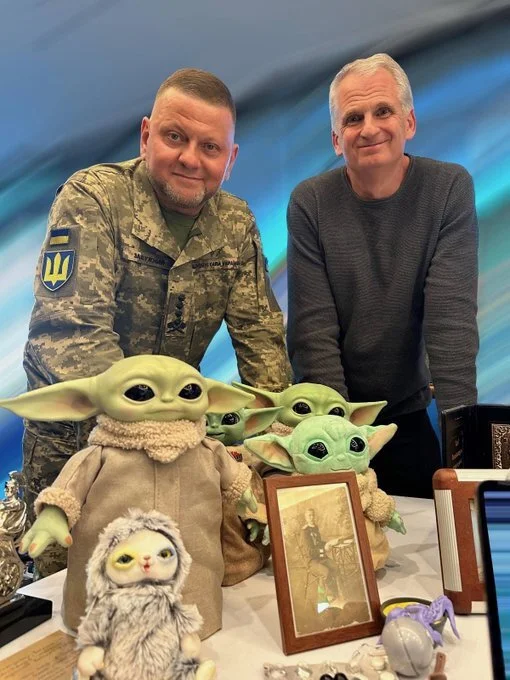
Professor Snyder on right with the Commander-in-Chief of the Armed Forces of Ukraine, Valerii Zaluzhnyi. Photo: Twitter.
Ukraine is deploying its own long-range strike capability to destroy airplanes and logistics in Russian territory, which is a necessary condition for winning the war. This is an awkward development, since western partners don’t always think through how a war like this can be brought to an end. It ends when one side wins. The questions are who wins and under what conditions.
The American allies take the correct view that Ukraine to win must break through the Russian lines. But there are just not that many Ukrainians to throw into surges, and from a Ukrainian perspective those lives should be put at risk when the battlefield has been shaped. The notion of a breakthrough is also too narrowly defined. Even setting aside the value of life, which is what this war is all about, military history does show that battlefield victories are the final stage of a larger process that begins with logistics.
This war has brought an entirely new theory of what a defensive war means: fighting only on one’s own territory. This does not correspond to international law and has never made any sense. It is a bit like rooting for a basketball team but believing it should play without ever taking the ball past halfcourt, or rooting for a boxer but claiming he is not allowed to throw a punch after his opponent does. Had such a notion been in place in past wars, none of Ukraine’s partners would ever have won any of the wars they are proud of winning.
The voiced concern is that Russia could “escalate.” This argument is a triumph of Russian propaganda. None of Ukraine’s strikes across borders has done anything except reduce Russian capacity. None has led Russia to do things it was not already doing. The notion of “escalation” in this setting is a misunderstanding.
In trying to undo Russian logistics, Ukraine is trying to end the war. Ukraine will not do in Russia most of the things Russia has done in Ukraine. It will not occupy or seize territory, it will not execute civilians, it will not build concentration camps and torture chambers. What it must be allowed to do, to have some chance of stopping those Russian practices in Ukraine, is to have the capacity to win the war. With every village that Ukraine takes back, we see the most important de-escalation: away from war crimes and genocide, towards something more like a normal life.
Victory will be difficult, but it is the relevant concept. I don’t know any Ukrainians at this point who have not lost a friend or a family member in this war. My friends now tend to have a certain dark circle around the eyes and a tendency to look into the middle distance. And yet the level of determination is very, very high.
In the few days I have been here there have been missile attacks in or near both cities where I spent the night, a murderous Russian strike on a market, and a Russian attempt to cut off Ukrainian grain exports with missiles and drones. This is daily life — but it is Ukrainian daily life, not ours. The Ukrainians are doing all of the fighting; we are doing part of the funding. What Ukrainian resistance protects, though, extends far beyond Ukraine.
The Ukrainians are defending the legal order established after the Second World War. They have performed the entire NATO mission of absorbing and reversing an attack by Russia with a tiny percentage of NATO military budgets and zero losses from NATO members. Ukrainians are making a war in the Pacific much less likely by demonstrating to China that offensive operations are harder than they seem. They have made nuclear war less likely by demonstrating that nuclear blackmail need not work.
Ukraine is also fighting to restore its grain exports to Africa and Asia, where millions of people have been put at risk by Russia’s attack on the Ukrainian economy. Last but not least, Ukrainians are demonstrating that a democracy can defend itself
Ukrainians are delivering to us kinds of security that we could not attain on our own. I fear that we are taking these security gains for granted. (In my more cynical moments, I fear that some of us, perhaps even some presidential candidates, resent the Ukrainians precisely for helping us so much.)
This war will not end because of one sudden event, but nor will it go on indefinitely. When and how it ends depends largely on us, on what we do, on how much we help. Even if we did not care at all about Ukrainians (and we should), getting this war to end with a Ukrainian victory would be by far the best thing Americans could do for themselves.
Indeed, I do not think that, in the history of US foreign relations, there has ever been a chance to secure so much for Americans with so little effort by Americans. I do hope we take that chance.
TS Kyiv 7 September
Reprinted from snyder.substack.com See the original here.
The views expressed in this opinion piece are the author’s and not necessarily of Kyiv Post.
You can also highlight the text and press Ctrl + Enter


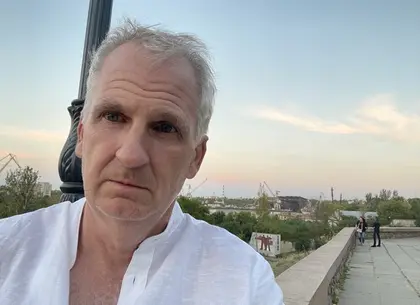
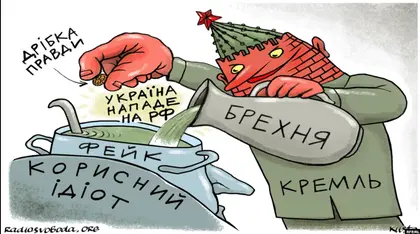
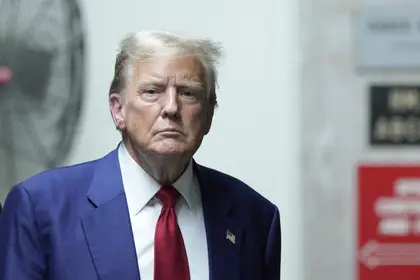
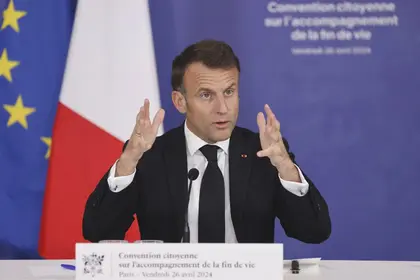
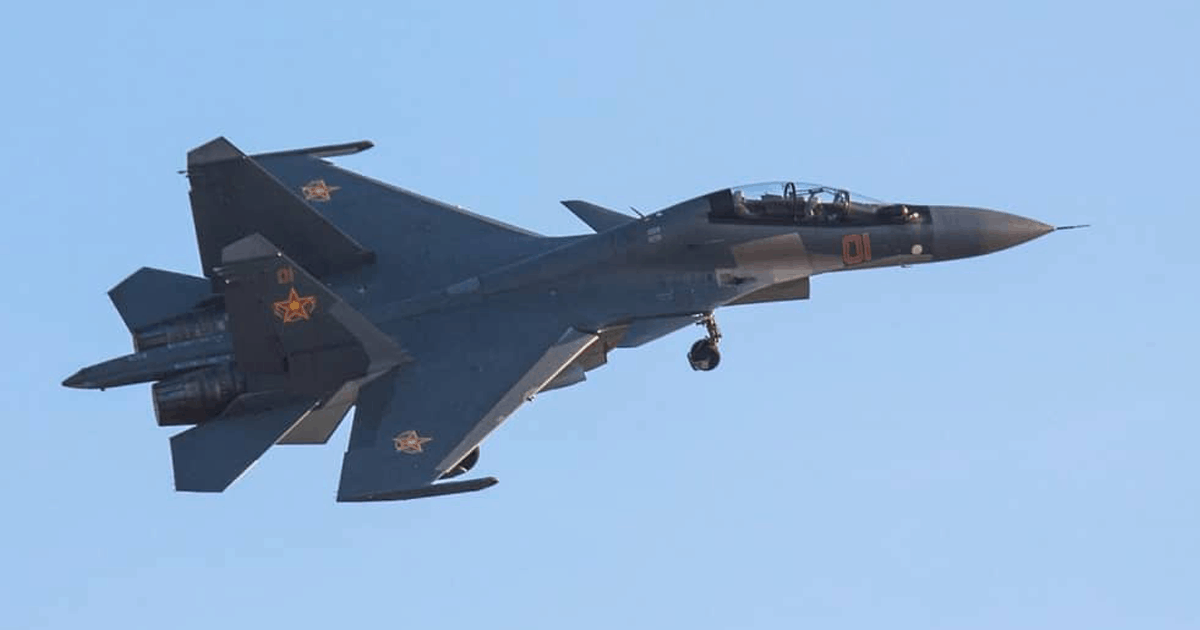
Comments (3)
Ukrainians are fighting well, because their main motivation is Love for their families, friends and homeland. That's why they are prevailing much bigger enemy, whose soldiers are forced to fight only by fear. All people of good will should support brave Ukrainians, because it is important for the future of human civilisation, that it will be based on human values of justice, freedom and democracy. So for ethical world leaders it is moral obligation to defend those values. Personally I believe that it is a God's Will that human civilisation will be based on values like freedom, mutual respect and love. And Putin's regime is mainly based on lies, corruption , violence and religious propaganda is only cover for this evil system. So it is improtant to defeat that, if we are going to have better life on Earth.
I am an American humanitarian volunteer in Ukraine. I can vouch for the accuracy of Prof. Snyder's observations and assertions concerning the will and fortitude of Ukrainian people.
It was only ever to be decided upon the battlefield.
It was a torment that Ukraine was always destined to confront.
Years ago, as a foreigner, I loved your fortitude. But, making fun, I joked about visiting Siberia in order to learn Ukrainian, and then I learnt that the Ukrainians in Siberia were indomitable, they were stalwart, they were heroes. That they were the brave.
I read about the harvest of sorrow and the execution by hunger. I came to understand something of your identity.
Early in my life, I sensed that this war would occur.
But I have always believed in Ukraine's eventual victory.